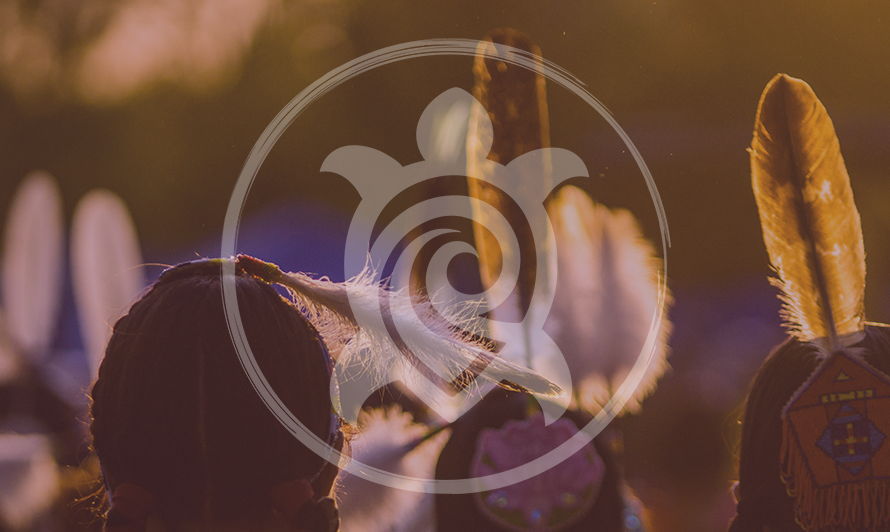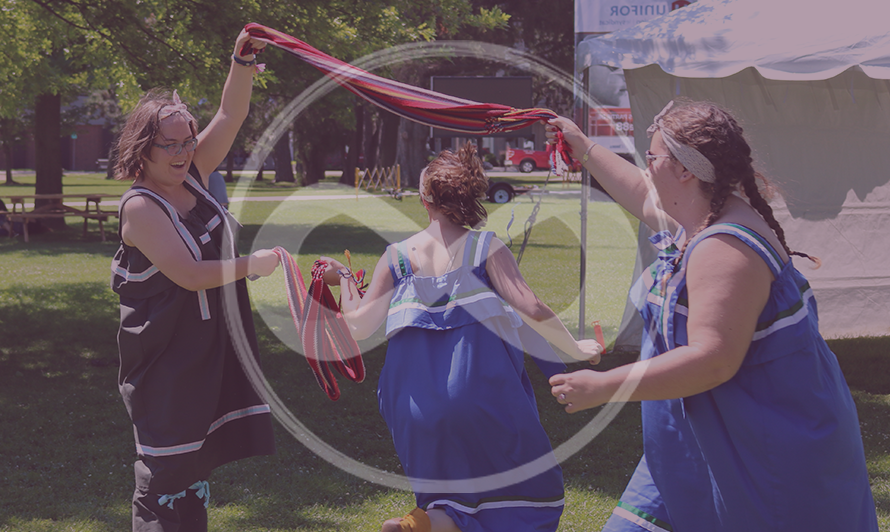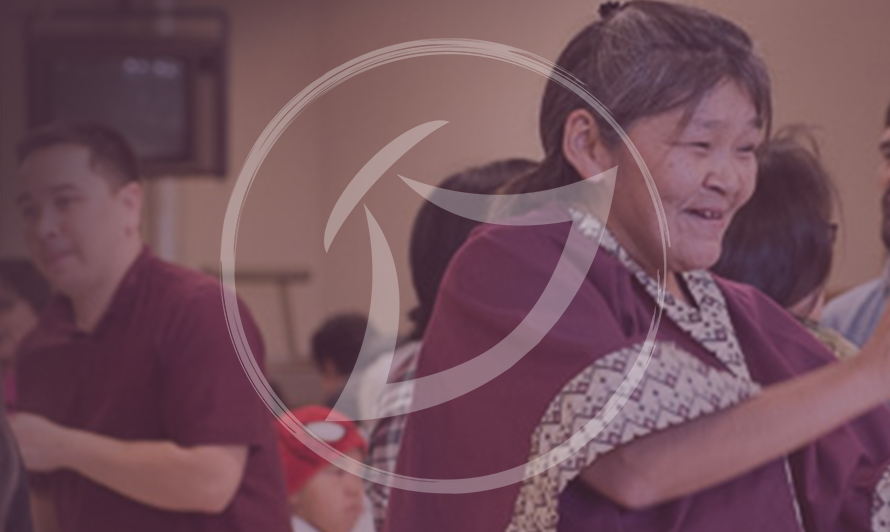About Us
As a part of the Indigenous Cancer Care Unit at Ontario Health, we work with First Nations, Inuit, Métis and urban Indigenous and non-Indigenous partners to reduce and prevent commercial tobacco addiction.
In 2009 the Chiefs of Ontario passed a resolution calling for their First Nations communities to be tobacco-free. To support their efforts, we encourage and partner with communities to become “Tobacco-Wise” and use tobacco in a traditional and sacred way while breaking free from commercial tobacco addiction.
Our programming is designed to enhance knowledge, build capacity and empower communities with the skills and tools needed to address commercial tobacco cessation, protection and prevention. It works within the Smoke-Free Ontario objectives while respecting the role of traditional tobacco in communities across Ontario.
The goal is to help build Tobacco-Wise First Nations, Inuit, Métis and urban Indigenous communities, and empower both Indigenous and non-Indigenous policy makers, healthcare administrators and healthcare and social care providers to make this a reality.
Colonialism, racism, social exclusion and self-determination have an effect on First Nations, Inuit, Métis and urban Indigenous health. These factors are responsible for the socio-economic inequities that exist between First Nations, Inuit, Métis and urban Indigenous peoples and the general Ontario population. They are a fundamental cause of health inequities and are an important contributor to population health outcomes, including those related to commercial tobacco use. We are sensitive to these factors and work with communities to help create environments in which their impacts can be addressed.
We also recognize the strength and resilience of First Nations, Inuit, Métis and urban Indigenous communities in the face of these challenges. These communities have shown the ability to thrive by restoring and promoting Indigenous identity, keeping cultures and languages alive and promoting self-governance. All these factors have positive effects on community health and well-being.



